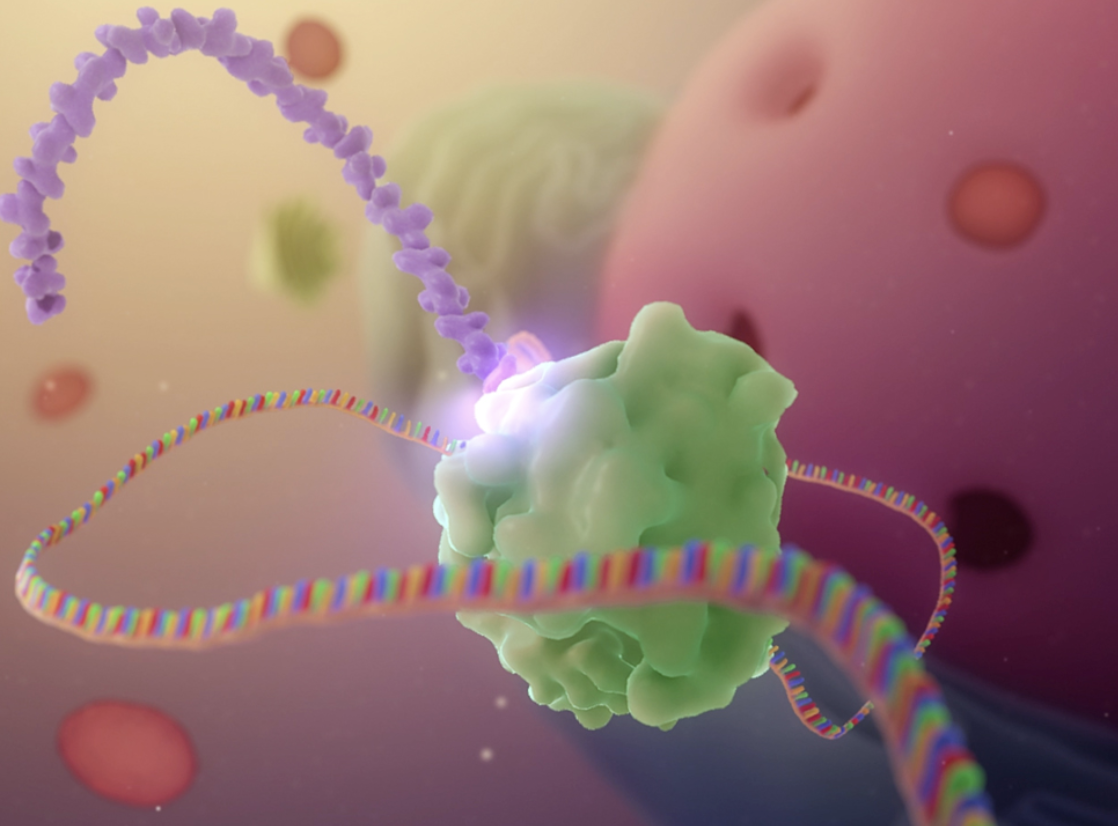SCIENCE – A third messenger RNA (mRNA) vaccine appears to have proved its worth against COVID-19. And although it is more than a year behind the Moderna and Pfizer-BioNTech vaccines now seen as gold standards, the new vaccine may come with significant advantages:
easier storage, along with lower cost because its “self-amplifying” design allows for smaller doses.
Arcturus Therapeutics of San Diego, which staged a placebo-controlled trial of its candidate in more than 17,000 participants in Vietnam, announced yesterday in a press release that the vaccine had 55% efficacy against symptomatic COVID-19 and provided 95% efficacy against severe illness and death.
“It’s a huge accomplishment that for the first time a self-amplifying RNA vaccine has been shown to be safe and effective,” says Deborah Fuller, a vaccinologist at the University of Washington School of Medicine
Fuller is an adviser to HDT Bio, which has its own self-amplifying COVID-19 mRNA vaccine in human studies.
Arcturus’s success may also help make mRNA vaccines more broadly accessible.
Its candidate incorporates a freeze-drying process to transform the mRNA-filled solution into a powder that can be stored at room temperature, then rehydrated.
This has far simpler cold-chain requirements than the conventional, liquid mRNA vaccines in use.
And Vietnam’s Vinbiocare Biotechnology, which collaborated with Arcturus on the trial and has submitted the efficacy data to the country’s regulators for emergency use authorization, hopes to manufacture the product there.
The Pfizer-BioNTech and Moderna vaccines contain mRNA that codes for the SARS-CoV-2 spike protein. When the vaccines are injected, they deliver the mRNA to cells, which make copies of spike and then clear the foreign genetic material within a few days.
Arcturus’s self-amplifying vaccine and others in development include enzymes from alphaviruses to repeatedly copy the genetic strand inside a cell and stay in the body for more than twice as long … read more.



